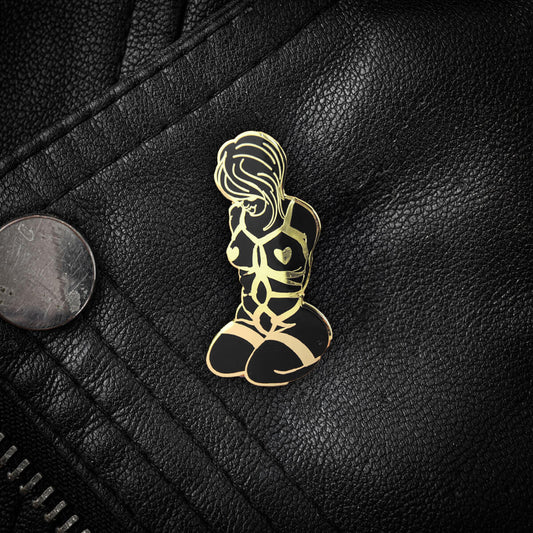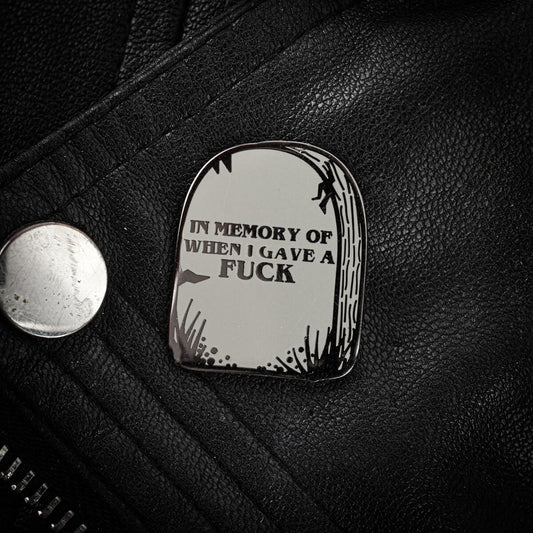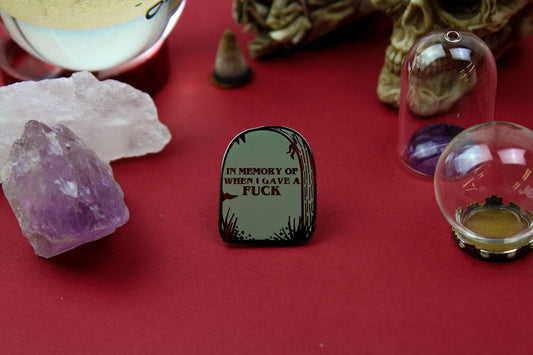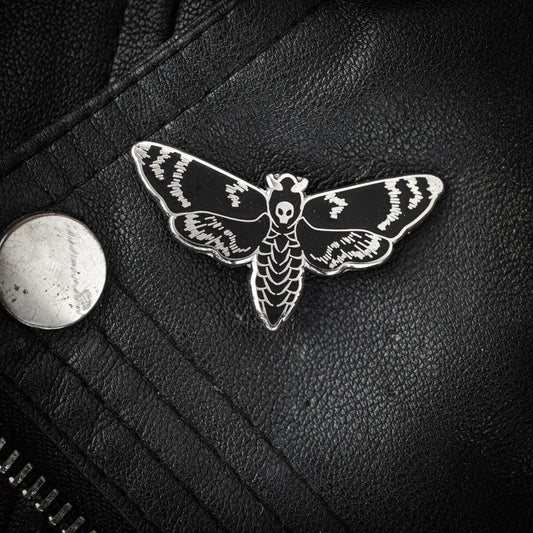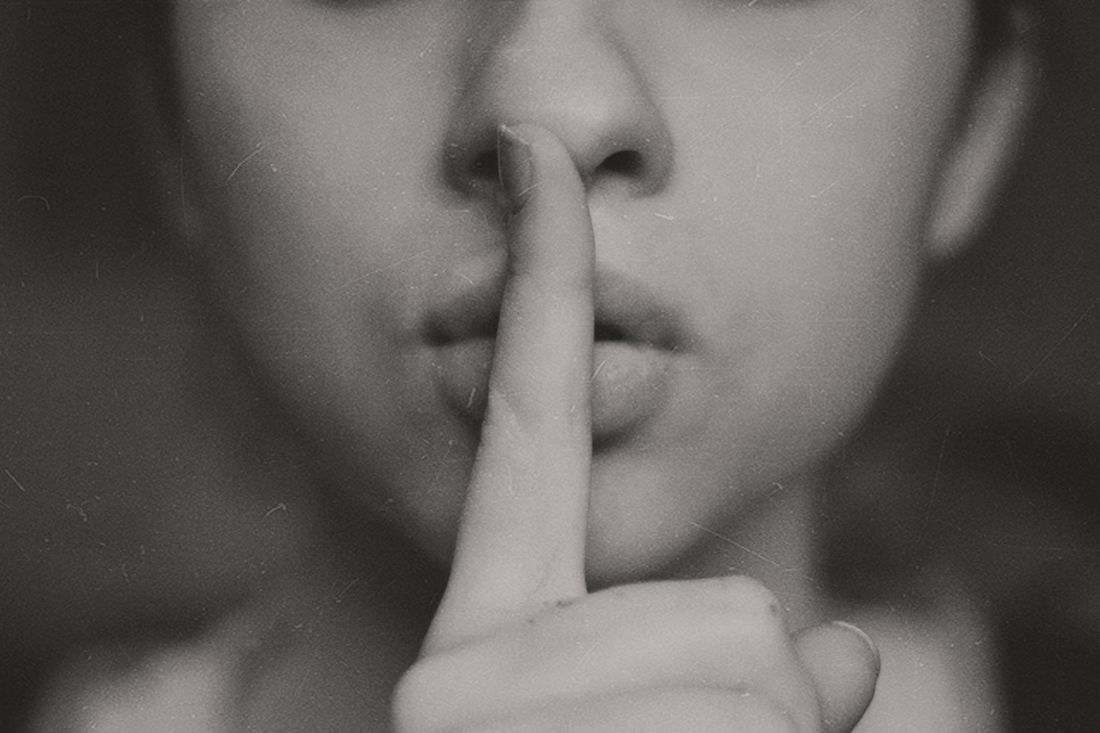
What Are Some Misconceptions About the Occult?
Share
What Are the Most Common Misconceptions About the Occult?
Misconceptions about the occult abound, often fueled by sensationalised media portrayals and cultural stereotypes. One common fallacy is the belief that occultism is inherently evil or satanic, leading many to associate it with nefarious practices like Satanism or black magic.
Another prevalent misconception is the notion that the occult operates as some sort of organised cabal, orchestrating secretive and malevolent agendas behind the scenes. Additionally, there's a misunderstanding that ceremonial magick achieves changes in the physical realm akin to stage magic tricks, overlooking its deeper spiritual significance.
Moreover, some mistakenly assume that mastering occult practices is as simple as reading a book or reciting a few incantations, disregarding the years of study, discipline, and introspection required for proficiency. These misconceptions often hinder a nuanced understanding of the occult and its rich history, diverse traditions, and profound spiritual insights.

How Do Media and Popular Culture Perpetuate These Misconceptions?
Misconceptions about the occult are frequently perpetuated by media and popular culture, which often sensationalised and misrepresent esoteric practices.
One prominent example is the Satanic Panic movement of the 1980s and 1990s, which fueled hysteria about teenagers allegedly participating in occult rituals and committing crimes, despite no substantial evidence.
In film and television, occultists are often portrayed as devil worshippers or malevolent sorcerers, reinforcing negative stereotypes and stigmatising genuine spiritual practices. Recent examples including the trope of “Satan worshipping teens” (cool kids wearing Black Sabbath t-shirts) have been depicted in True Detective and Stranger Things.
While some media outlets have provided positive exposure to the occult, destigmatising esoteric beliefs and sparking mainstream interest in the metaphysical, others have contributed to misrepresentation and sensationalism. Hollywood's tendency to prioritise drama and spectacle over accuracy can lead to exaggerated portrayals of spiritual practices, furthering misconceptions and perpetuating stereotypes about the occult.
As a result, it's essential for audiences to approach media representations of the occult with critical thinking and scepticism, recognizing the difference between entertainment and reality.
Are There Misconceptions Related to Occult Rituals and Practices?
Misconceptions about occult rituals and practices abound, often fueled by sensationalised depictions in media and popular culture. One prevalent misconception is the belief that many occult rituals involve blood sacrifices or other extreme acts. While some ceremonial magick rituals may include symbolic gestures or offerings, the idea of widespread blood sacrifices is largely a product of media sensationalism. In reality, the vast majority of occult rituals focus on spiritual growth, self-discovery, and the pursuit of esoteric knowledge rather than macabre or harmful practices. Additionally, there is a misconception that occult rituals are inherently dangerous or malevolent, leading to fear and misunderstanding among the general public. However, for practitioners, these rituals are often deeply meaningful and imbued with personal significance, serving as tools for personal transformation and spiritual development. By dispelling these misconceptions and fostering a better understanding of occult practices, individuals can cultivate greater tolerance and appreciation for diverse spiritual beliefs and traditions.
How Do Misconceptions Affect the Perception of Occult Ethics?
Misconceptions about the occult can significantly impact the perception of occult ethics, often leading to unwarranted fear and stigma. One common misconception is the belief that occult ethics condone or promote harmful or malevolent actions. This misconception arises from portrayals in popular culture that depict occult practitioners as engaging in dark or sinister practices. As a result, many people may view occult ethics with suspicion or scepticism, assuming that they are inherently unethical or immoral. However, in reality, most occult traditions emphasise principles such as personal responsibility, respect for others, and the pursuit of spiritual growth and enlightenment. These ethical principles are grounded in concepts of balance, harmony, and the interconnectedness of all things. By perpetuating misconceptions about the occult, media and popular culture can perpetuate negative stereotypes and misconceptions, further complicating public understanding of occult ethics. As a result, it is important to challenge these misconceptions and foster a more accurate and nuanced understanding of occult ethics and practices.

What Role Do Religious Institutions Play in Spreading Misconceptions?
Religious institutions have historically played a significant role in spreading misconceptions about the occult. In particular, certain conservative and fundamentalist branches of Christianity have been known to propagate fear and misinformation about occult practices.
During the Satanic Panic of the 1980s and 1990s, for example, some religious leaders and organisations promoted the belief that occult practitioners were involved in sinister and Satanic rituals, including allegations of child abuse and ritual sacrifice. These sensationalised claims were often based on anecdotal evidence and moral panic rather than empirical research or factual evidence. Lawrence Pazder, a devout Catholic, co-wrote the influential book "Michelle Remembers," which purported to describe Satanic ritual abuse but was later debunked as a work of fiction.
Despite the debunking of many of these claims, the stigma and misconceptions surrounding the occult persist in some religious communities, perpetuating fear and prejudice against occult practitioners.
How Do Misconceptions Impact Legal and Social Policies?
Misconceptions about the occult can significantly influence legal and social policies. In some instances, exaggerated beliefs regarding occult practices have led to the implementation of laws and regulations targeting perceived occult activities. This has resulted in cases where individuals were wrongfully accused and prosecuted based on unfounded allegations of occult involvement. For example, the West Memphis Three were convicted as teenagers in 1994 for the murders of three boys, with one sentenced to death and two to life imprisonment, amid allegations of occult practices and Satanic ritual. This case sparked controversy due to questionable evidence and emotional bias in court, leading to the involvement of celebrities and musicians in fundraising efforts. In 2007, new forensic evidence cast doubt on the convictions, revealing genetic material at the scene that could not be attributed to the victims or the defendants.
Additionally, these misconceptions can shape public perception and attitudes, leading to discrimination and stigma against individuals practising occult rituals or identifying as occultists. Such prejudices may result in social ostracism and harassment. Furthermore, legal frameworks may be affected by these misconceptions, leading to the imposition of restrictions or regulations on certain occult practices.
Addressing these misconceptions is crucial to ensuring fair treatment and safeguarding the rights of individuals involved in occult practices. It highlights the importance of promoting accurate information and fostering understanding to counteract stigma and discrimination in society.

How Do Misconceptions Vary Across Different Cultures?
Misconceptions about the occult vary across cultures, influenced by diverse religious beliefs and historical contexts. In Western societies, occult practices are often stigmatised, perceived as inherently sinister. However, in indigenous cultures, such practices may be viewed as sacred and integrated into spiritual beliefs. For example, certain African and South American communities incorporate divination and herbalism into their rituals. Similarly, in Asian cultures like China and Japan, traditions such as Feng Shui and Taoist mysticism are respected.
Despite their cultural significance, these practices may still face misconceptions due to Western media portrayals. Overall, the perception of the occult varies globally, shaped by cultural norms and historical narratives.
How Do Online Communities Perpetuate or Debunk Misconceptions?
Online communities can both perpetuate and debunk misconceptions about the occult. On one hand, social media platforms and forums provide a space for individuals to share their beliefs and experiences, which can sometimes reinforce existing stereotypes and misinformation. For example, sensationalist posts or misleading information may contribute to the portrayal of occult practices as inherently malevolent or dangerous.
However, these same online spaces also offer opportunities for education and clarification. Many occult practitioners use social media platforms to engage with curious individuals, providing accurate information and dispelling myths. Additionally, online forums dedicated to occult studies often foster discussions that encourage critical thinking and open-mindedness.
By sharing resources, personal anecdotes, and historical insights, these communities play a crucial role in challenging misconceptions and promoting a more nuanced understanding of the occult. Overall, while online platforms can perpetuate misconceptions, they also serve as valuable tools for debunking them and fostering informed dialogue.

What Role Do Occult Symbols Play in Misconceptions?
Occult symbols often bear misconceptions due to their misinterpretation in popular culture. For instance, the Eye of Providence, commonly associated with the Illuminati, actually represents the divine presence of God within a triangle, signifying the Holy Trinity and divine omniscience. Similarly, pentagrams, erroneously linked to Satanism, hold various interpretations within occult traditions, including representing the five wounds of Christ and the five elements — earth, fire, water, air, and soul.
However, these nuanced meanings are often overlooked, perpetuating misconceptions and unfounded fears about the occult. By understanding the true symbolism behind these motifs, individuals can dispel misconceptions and appreciate the rich cultural and spiritual heritage associated with occult practices.
What Is the Future of Public Perception of the Occult?
Changing public perception of the occult is a gradual process, especially when deeply ingrained beliefs are reinforced by religious and political authorities.
However, by engaging in nuanced discussions both within and outside their community, occult practitioners can gradually dispel misconceptions and foster understanding. While challenging, this endeavour is essential for promoting acceptance and tolerance. Over time, as more individuals engage in open-minded dialogue and educate themselves about occult practices, misconceptions will diminish. Moreover, as society becomes increasingly diverse and inclusive, there is hope for a future where occultism is viewed with less suspicion and fear.
By continuing to advocate for their beliefs and sharing their knowledge with others, practitioners can pave the way for a more enlightened understanding of the occult in the public sphere.
For a top-level overview of the occult, have a read of our article 'What is the occult?'.
